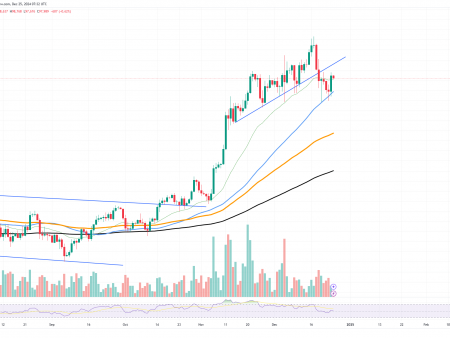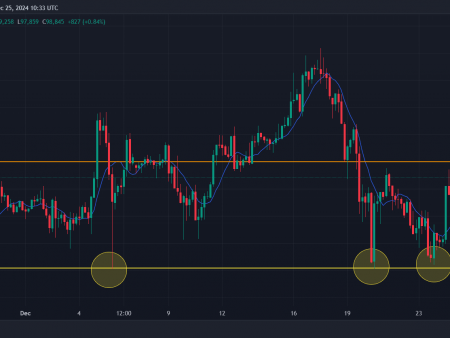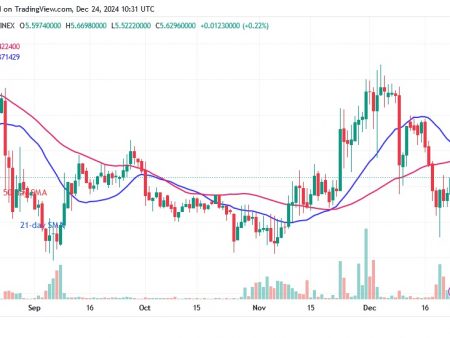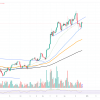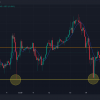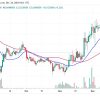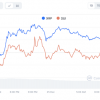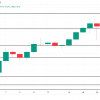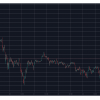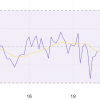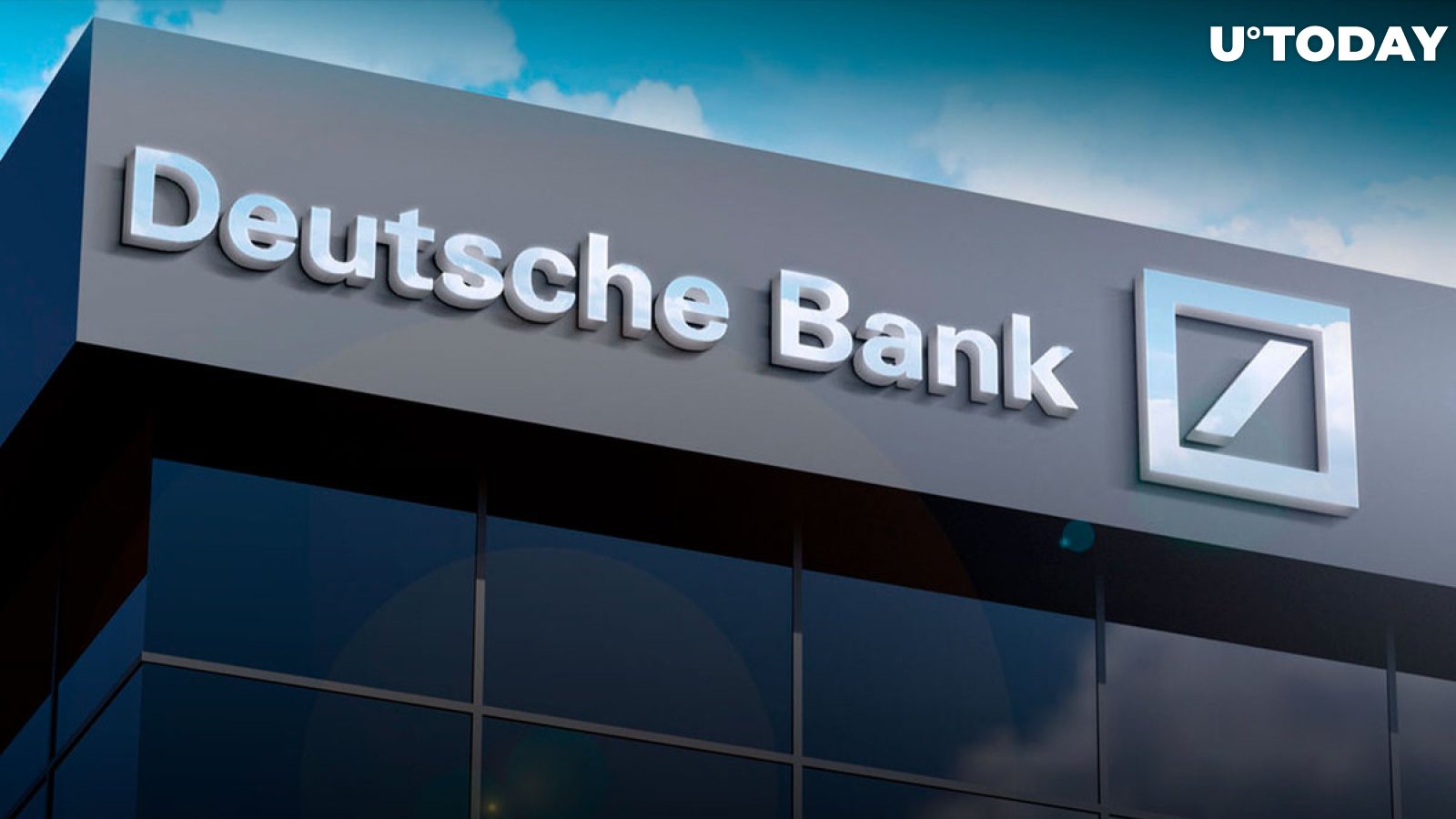
In a recent development, Deutsche Bank, one of the largest and most influential banks globally, has issued an important warning regarding stablecoins.
In a recent development, Deutsche Bank, one of the largest and most influential banks globally, has issued an important warning regarding stablecoins.
The warning highlights the potential risks associated with this digital asset class, delving into the topic of the increasing importance of the cryptocurrency ecosystem.
Stablecoins, a type of cryptocurrency pegged to traditional fiat currencies such as the US dollar or euro, have gained widespread popularity in recent years. A new class of stablecoins, algorithmic stablecoins, use algorithms to maintain a stable price relative to another asset or basket of assets.
These digital assets offer the promise of stability amid cryptocurrency volatility, making them attractive for various use cases, including remittances, payments, and decentralized finance (DeFi) applications.
However, a recent report from Deutsche Bank has cast a shadow over this supposed haven, issuing a stern warning on stablecoins, including the widely used Tether (USDT).
The research, which examined 334 types of fixed currency since the year 1800, found that only 14% have survived. Applying this to the world of stablecoins, analysts at Deutsche Bank Research believe that the majority of these pegged digital currencies will become free.
“Some may survive, although most are likely to fail,” he said. analysts wrote on Tuesday.
Terraform Lab’s TerraUSD algorithmic stablecoin and its sister token Luna crashed two years ago, wiping out at least $40 billion in cryptocurrency.
According to researchers at Deutsche Bank, the few successful pegged coins that survived did so because they were credible, backed by reserves, and ran on carefully controlled institutions – something they say many major stablecoins lack.
Deutsche Bank’s warning comes at a time when stablecoins are experiencing unprecedented growth and usage, and their total market capitalization has surpassed important milestones.
Tether, the first and largest stablecoin by market capitalization, disagrees with Deutsche Bank’s assessment, claiming that the research lacks clarity and sufficient evidence.
